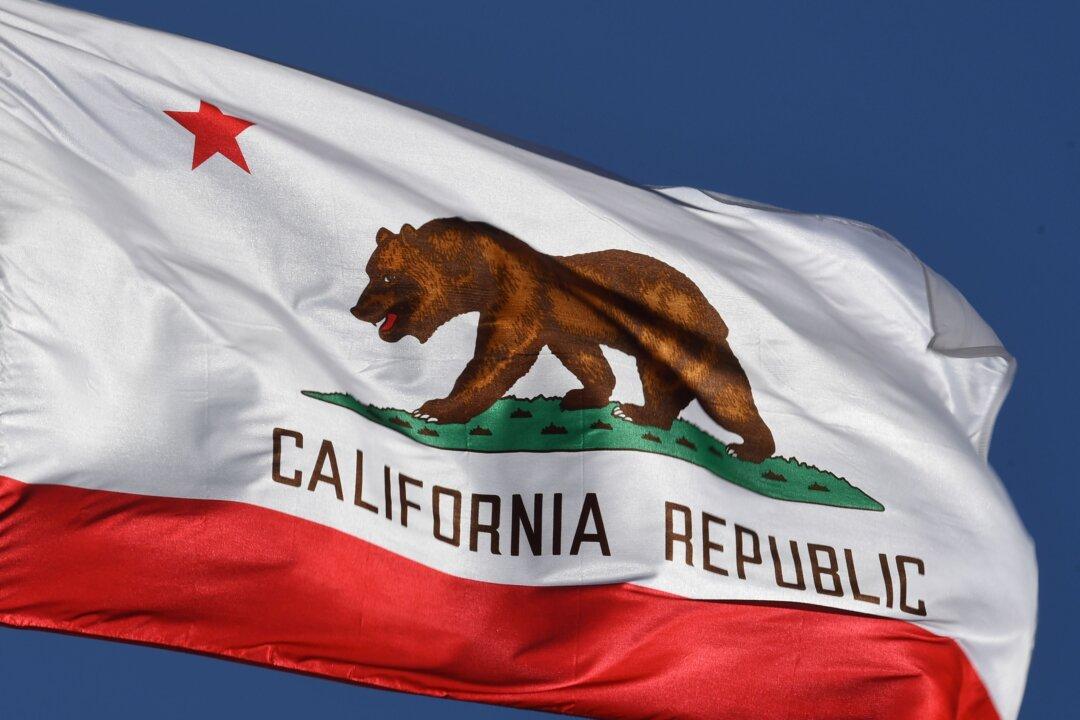Fresno County has filed a lawsuit against the state in the Superior court of California claiming the state’s decision to change the name of Squaw Valley to Yokuts Valley was unconstitutional.
The state changed the small, unincorporated community’s name earlier this year after declaring the term “squaw” offensive.





